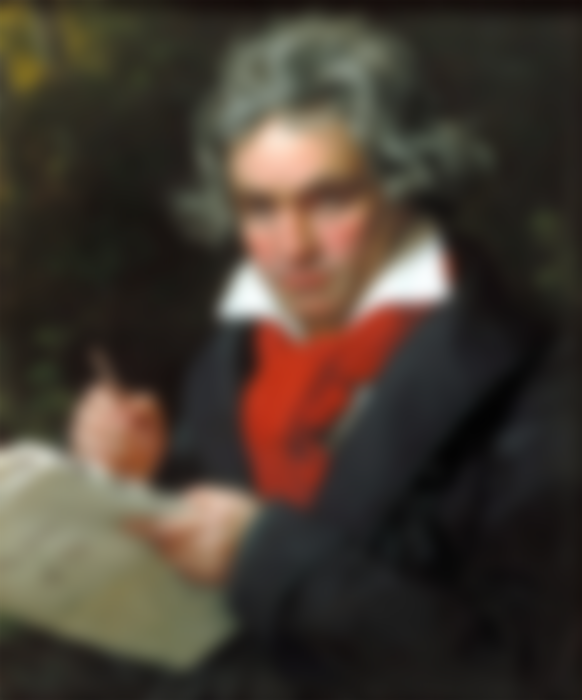The Paralympics (or Para-Olympics), always reminds me of when I - some years ago - was asked who had been the greatest man during the last millennium (1000-2000 AD). I always shun such questions. There are too many ways for a man to be great, and they cannot be compared. (Moreover, this could include only publicly known people, many great things are done out of sight from the public.) Finally I was persuaded to think of it - although I had another reservation too: this would cover Western culture only.
For me it was natural to consider great creative thinkers: philosophers, artists, scientists,... and I made a list of some thirty men who had shaped the culture. But how to choose one who was more than the others? Then I realised that maybe this was the wrong way to see this question. I said that there are many ways for a man to be great, and maybe judging someone by his “production” is wrong; maybe greatness is something else entirely? A moral quality?
Now I was making this too hard, after all it was just a game, not to be taken too seriously. I kept my list of some thirty men, but for the final choice I applied other criteria – and I chose Beethoven.
I.
After the Olympic games one holds the Paralympics, games for disabled people, and the participants are far more impressive than those of the regular games. Not because they can run a distance a second (or a fraction thereof) faster than others, jump a centimetre higher, or something similar. Spending (wasting?) half ones life to achieve that seems to me as quite meaningless, if not foolish. No, they are impressive for another reason. Running fast without having genuine legs is a much greater achievement than a few seconds more or less can ever be.
II.
Ludwig van Beethoven (1770-1827) was one of the greatest composers ever, and in the beginning of his life he was a piano virtuoso too. The deep tragedy of his life was that his hearing gradually faded away. It has been told how he hammered so furiously on the keys of the piano that it fell to pieces, yet he could not hear it; and, how, when someone else played, he put his hands on the instrument, trying to feel the vibrations.
Beethoven was a choleric and troublesome person to deal with. No doubt, that was partly due to frustration over his increasingly bad hearing. His last decade, after many years of advancing deafness, this man, who lived for music. could not hear anything at all. He was deaf as a stone. During that time he composed some of his greatest masterpieces!

He had the creative power, the will, and the inner strength to continue his work with music, although he could not hear! He defeated his own weakness, the greatest victory anyone can win.
III.
...and that is what the Paralympians, too, are doing. They cannot be compared to Beethoven, he was a creative genius, but they share with him the inner strength to overcome their disability, and that is what makes their achievements more impressive than those of the regular Olympians.
(This article is based on material previously published in TMA/Meriondho Leo and in my e-book The Promethean Fire, 2018.)
Copyright © 2008, 2018, 2021 Meleonymica/Mictorrani. All Rights Reserved.
Here you can find my articles about History.
Interested in history, legends and myths, join my community History, Myths, Legends & Mysteries (be45).
You find all my writings on Read.Cash, sorted by topic, here.
